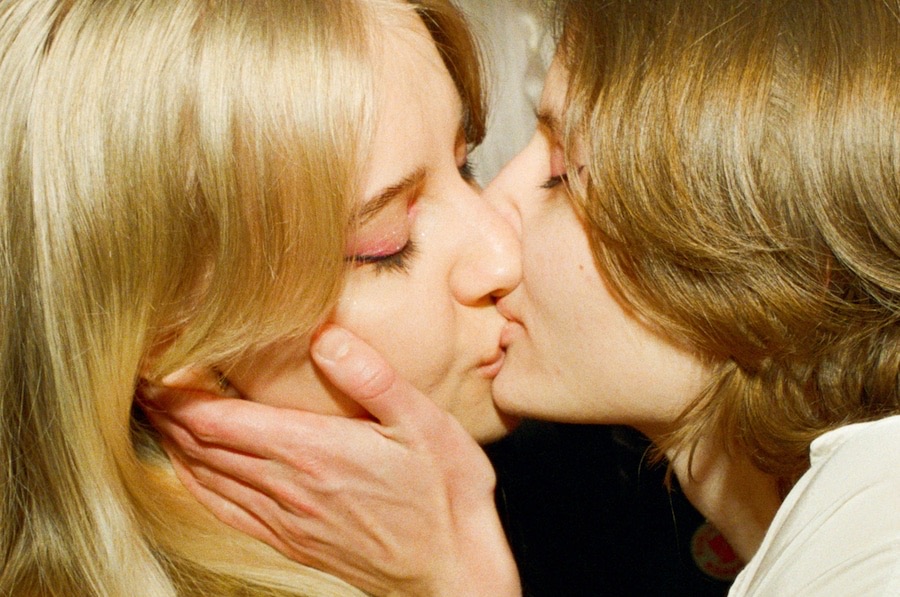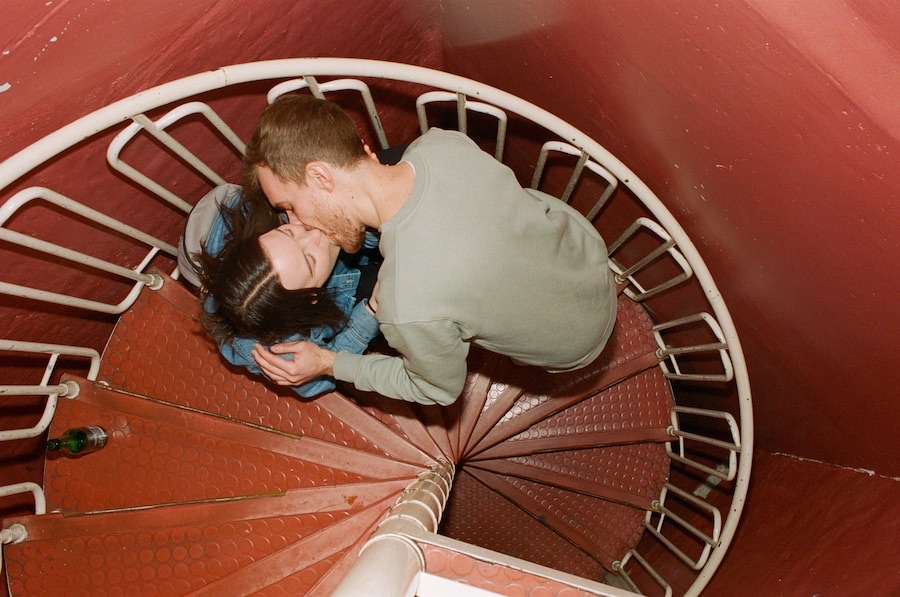We live in an era where sex is not only visible, but omnipresent. From algorithms that hint at it with every scroll to discourses that position it as an indicator of emotional well-being, the dominant narrative is clear: more sex, better life. But what happens when you choose—by choice, circumstance, or simply the rhythm of life—to go sexless for a year?
What for some might seem like an emotional wilderness is, for others, a profound journey to the center of their own identity. Anita Fletcher, sexuality expert and spokesperson for Fantasy Co. —a firm renowned for its artisanal and radically inclusive approach to the design of erotic objects—guides us through the physical, hormonal, and emotional changes that a year without sexual encounters brings.

The Chemical Circuit Resets
Without sexual encounters, the hormonal system enters a recalibration phase. Testosterone, a key hormone in sexual desire, initially decreases. But after the first few months, it can stabilize or even increase as a form of biological self-regulation.
“It’s not that libido dies, but rather that it learns to float in other territories,” says Fletcher. At the same time, oxytocin—linked to attachment and emotional intimacy—fades. Emotional disconnection isn’t immediate, but it is noticeable: bonds cool, not from a lack of love, but from a lack of skin.
Mental Clarity vs. Emotional Emptiness
Dopamine, the neurotransmitter of pleasure and reinforcement, plummets when sexual activity ceases. The result is ambivalent.
“Some people report a feeling of emotional depletion. But others describe a mental clarity they haven’t connected with in years,” Fletcher explains.
This is where touch starvation—the lack of physical contact—begins to kick in. The body craves, the body yearns, the body seeks. Not necessarily sex, but tactile connection: skin, energy, proximity.
Sexless nights, sleepless minds
During sex, the body releases endorphins and decreases cortisol, which promotes relaxation and deep sleep. Without this nightly ritual, many face insomnia or anxiety-induced overstimulation.
“Those who used sex as a stress regulator need to relearn how to calm their nervous system,” the expert comments.
Interestingly, some people find they sleep better without the stress of unsatisfying encounters. Celibacy, in these cases, becomes a form of emotional hygiene.
The immune system also feels the lack
Without sex, the production of immunoglobulin A—key to the defense against infections—decreases. Furthermore, the lack of physical contact reduces the immunological benefits linked to human touch.
“We see more colds, more physical exhaustion, a diffuse sense of vulnerability,” Fletcher notes. “The body needs other bodies, even when there is no desire.”
Who are you when you are not desired?
The most complex aspect of a year without sex doesn’t happen in the body, but in front of the mirror. The lack of sexual validation reconfigures self-image and the connection to one’s own eroticism.
“Without the reflection of the other, some people feel desexualized. Others feel finally free,” Fletcher affirms.
What emerges is a new territory where desire is not imposed, but rediscovered. Where the body is inhabited from within, not from the gaze of others. Where identity is expressed without the need for external erotic validation.
Pleasure Without Urgency: Power, Pause, Drive
Far from being a deprivation, celibacy can be a profoundly political choice. “I’ve worked with people who describe this period as a silent revolution. A reset of their connections, their desire, their ability to be alone without emptiness,” Fletcher says.
In this pause, attention is amplified. The meaning of pleasure is redefined. Priorities are reordered. The perception of the body as one’s own, sovereign territory, without needing to be occupied, is strengthened.
After the Silence, the Body Speaks Differently
Those who decide to return to sex after a year of abstinence do so from a different place: more conscious, more selective, freer. The experience doesn’t transform them into “better lovers,” but into people with clear boundaries, distinct desires, and a new grammar of pleasure.
Perhaps, as Fletcher points out, “true sexual power lies not in frequency, but in awareness. In knowing when, how, and with whom. And above all, in knowing when not to.”
Sigue toda la información de HIGHXTAR desde Facebook, Twitter o Instagram
